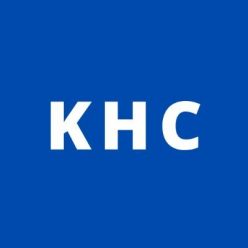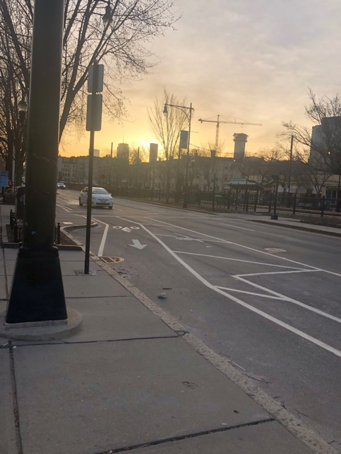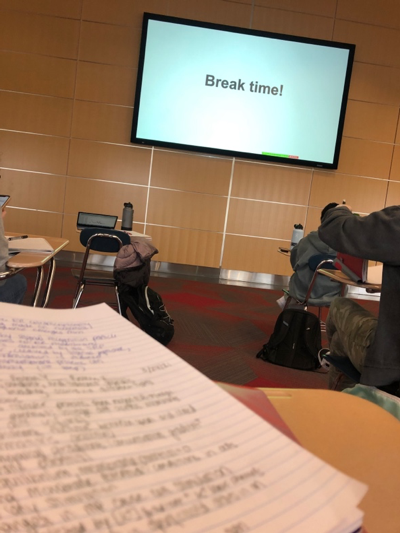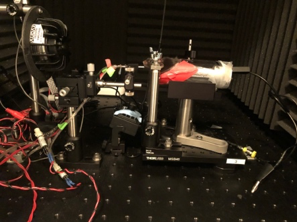By Carolina Becerril (SAR’22/SPH’23)
As soon as I started out my college career, I knew I had a plan or at least I thought I did. I would go on to complete my four years as a premed student, take the MCAT, volunteer, get clinical and shadowing hours and create an excellent application that would guarantee me entrance into medical school. All in four years! Nothing crazy. Well, that very quickly changed as soon as classes started and I realized how coming to college was a lot more complicated than I expected.
I don’t say that to scare anyone coming into college but it’s something that we are all bound to realize at one point or another, and that’s ok. After my first premed course, I felt defeated to say the least. I felt like I needed to keep trying so I could stick to my plan, that if I studied a little harder, stayed up a little later and cared a little more, that I could do it and make it to medical school. At whatever cost. That also very quickly changed and did not work. By the end of my freshman year, I was more than discouraged and lost. I realized that my plan didn’t work and I didn’t have a backup one.
However, the summer of my freshman year going into my sophomore year very quickly changed my perspective on me not having a plan anymore. I got my first job at the Dean of Students office and my first research opportunity and glimpse into public health. I very quickly developed a passion for what would later become my major and main field. I met and made connections with different people that summer that completely changed my perspective and made me realize that I didn’t really need a plan, I just needed to do what was best for me.
At the beginning of my sophomore year, I quickly changed my major to Health Science and began looking into the 4+1 BS/MPH program. I continued doing research for the majority of my sophomore year, took more public health courses and grew more passionate about the field. I applied to the 4+1 program Fall semester of my junior year, got accepted and began taking MPH courses that Spring semester. I continued to do research on my own while remaining premed and becoming deeply immersed in the public health field.
While these last few years have proven to be challenging and exciting at the same time, I have come to realize that admitting to myself that having no solid plan is totally ok! As long as we get to do what we love most. I have learned that remaining flexible and being open to different options to achieve your career goals is the most important thing I can do to be happy and successful. Most importantly, I learned that we need to remind ourselves to be a little less scared about uncertainty and embrace whatever comes our way, even if it doesn’t quite fit what we want as it might just work our way.



